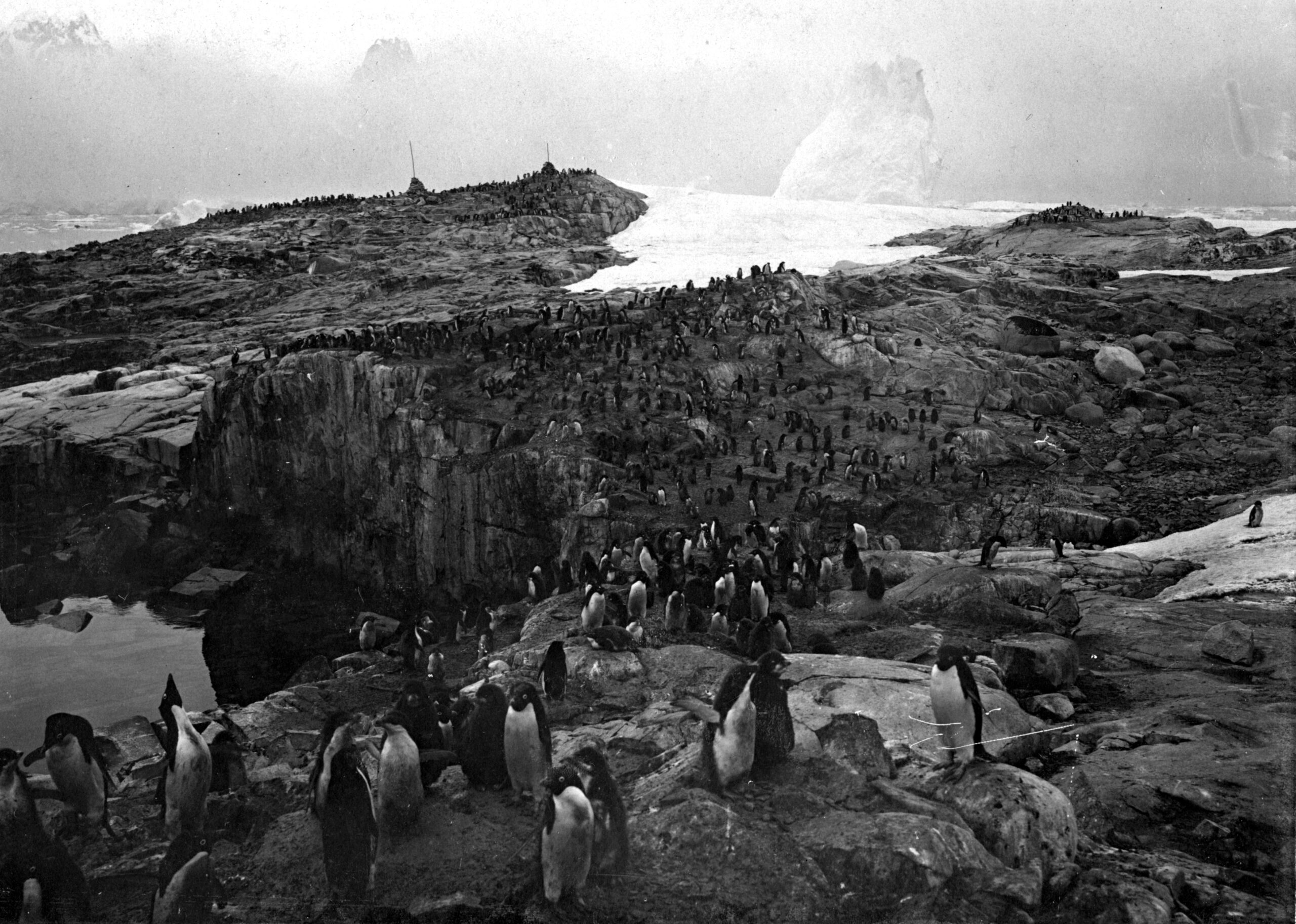
Improve research through better data management and sharing plans
The United States government spends billions of dollars every year to support the best scientific research in the world. The novel and multidisciplinary data produced by these investments have historically remained unavailable to the broader scientific community and the public. This limits researchers’ ability to synthesize knowledge, make new discoveries, and ensure the credibility of research. But recent guidance from the Office of Science and Technology Policy (OSTP) represents a major step forward for making scientific data more available, transparent, and reusable.
Federal agencies should take coordinated action to ensure that data sharing policies created in response to the 2022 Nelson memo incentivize high-quality data management and sharing plans (DMSPs), include robust enforcement mechanisms, and implement best practices in supporting a more innovative and credible research culture.
Details
The 2022 OSTP memorandum “Ensuring Free, Immediate, and Equitable Access to Federally Funded Research” (the Nelson memo) represents a significant step toward opening up not only the findings of science but its materials and processes as well. By including data and related research outputs as items that should be publicly accessible, defining “scientific data” to include “material… of sufficient quality to validate and replicate research findings” (emphasis added), and specifying that agency plans should cover “scientific data that are not associated with peer-reviewed scholarly publications,” this guidance has the potential to greatly improve the transparency, equity, rigor, and reusability of scientific research.
Yet while the 2022 Nelson memo provides a crucial foundation for open, transparent, and reusable scientific data, preliminary review of agency responses reveals considerable variation on how access to data and research outputs will be handled. Agencies vary by the degree to which policies will be reviewed and enforced and by the degree of specificity by which they define data as being materials needed to “validate and replicate” research findings. Finally, they could and should go further in including plans to fully support a research ecosystem that supports cumulative scientific evidence by enabling the accessibility, discoverability, and citation of researchers’ data sharing plans themselves.
Recommendations
To better incentivize quality and reusability in data sharing, agencies should:
- Make DMSPs publicly available in an easy-to-use interface on their websites where individual grants are listed to increase accountability for stated plans and discoverability of research outputs.
- Additionally, give DMSPs persistent, unique identifiers (e.g., digital object identifiers, or DOIs) so that they can be cited, read, and used.
- Make DMSPs subject to peer review as part of the same process that other aspects of a proposed research project’s intellectual merit are evaluated. This will directly incentivize high standards of planned data sharing practices and enable the diffusion of best practices across the research community.
To better ensure compliance and comprehensive availability, agencies should:
- Coordinate across agencies to create a consistent mechanism for DMSP enforcement to reduce applicant uncertainty about agencies’ expectations and processes.
- Approaches to enforcement should include evaluation of past adherence to DMSPs in future grant applications and should ensure that early career researchers and researchers from lower-resourced institutions are not penalized for a lack of a data-sharing record.
- Assert that data includes all digital materials needed for external researchers to replicate and validate findings
- Work with domain-specific stakeholders to develop guidance for the specific components that should be included as research outputs (e.g., data, codebooks, metadata, protocols, analytic code, preregistrations).
Updates to the Center for Open Science’s efforts to track, curate, and recommend best practices in implementing the Nelson memo will be disseminated through publication and through posting on our website at https://www.cos.io/policy-reform.
To understand the range of governmental priorities for the bioeconomy, we spoke with key agencies represented on the National Bioeconomy Board to collect their perspectives.
Congress should foster a more responsive and evidence-based ecosystem for GenAI-powered educational tools, ensuring that they are equitable, effective, and safe for all students.
Without independent research, we do not know if the AI systems that are being deployed today are safe or if they pose widespread risks that have yet to be discovered, including risks to U.S. national security.
Companies that store children’s voice recordings and use them for profit-driven applications without parental consent pose serious privacy threats to children and families.